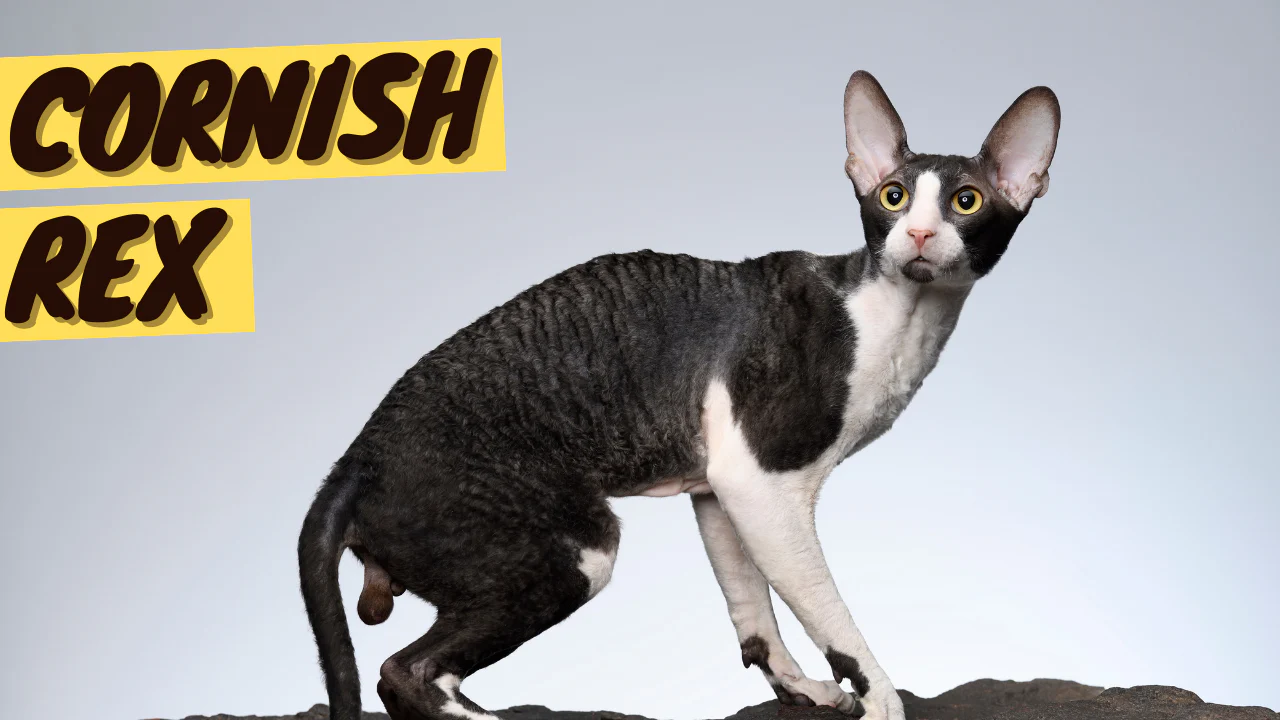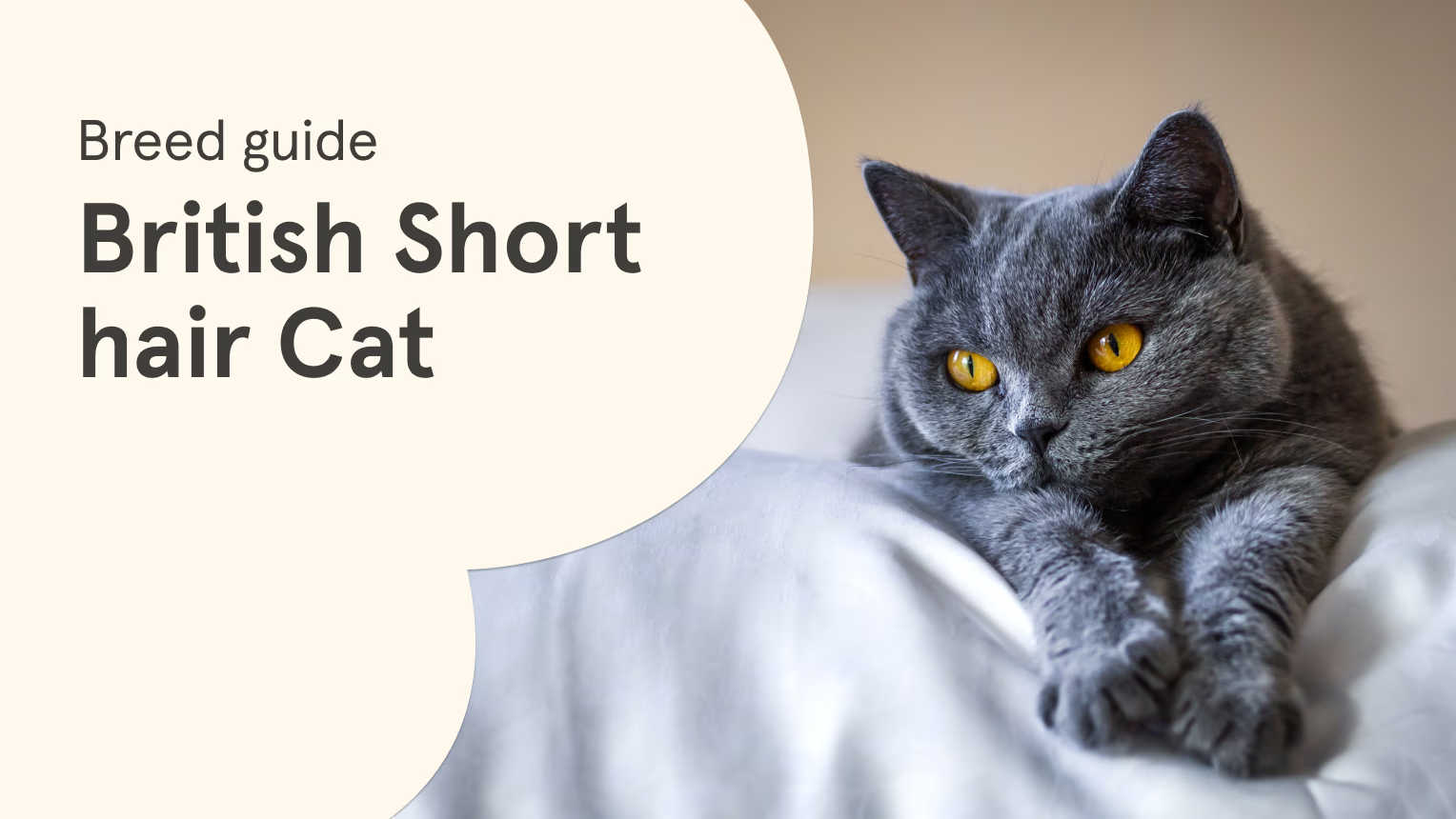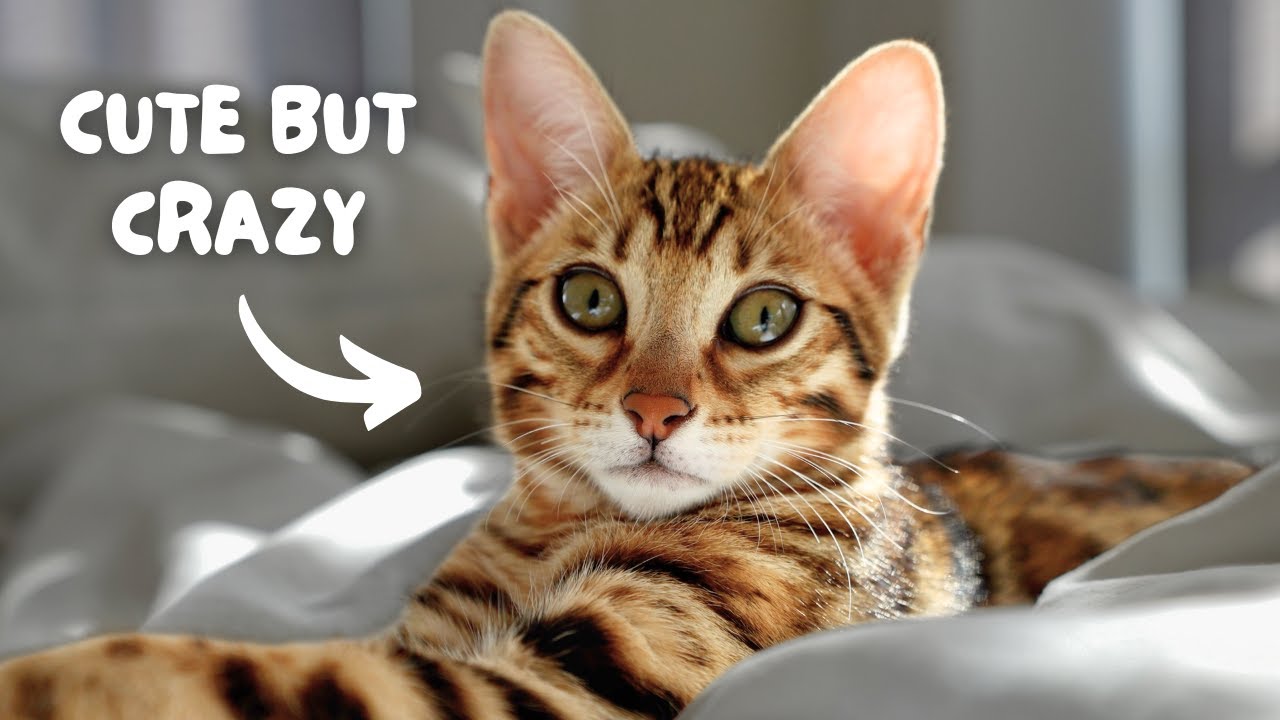Cornish Rex: A Complete Guide to the Breed, Characteristics, Care, Training, Pros and Cons, and Price
The Cornish Rex is a unique and fascinating breed, known for its short, curly coat, long, slender body, and intelligent, affectionate personality. Often described as the “Clown of the Cat World”, Cornish Rex cats have an extraordinary appearance and an even more extraordinary temperament that makes them beloved by cat enthusiasts worldwide.
In this detailed article, we will dive deep into everything you need to know about the Cornish Rex. This includes the breed’s profile, characteristics, how to choose one, care tips, training guidelines, as well as the pros and cons of owning a Cornish Rex, and the price range you can expect when buying one.
Cornish Rex: Breed Profile
The Cornish Rex is one of the most distinct-looking cat breeds. It has a slender build, curly coat, and large, expressive eyes. Originating from Cornwall, England, in the 1950s, the breed was initially a natural mutation in a domestic cat. Over the years, Cornish Rex cats have become increasingly popular for their playful personalities and distinctive looks.
Key Information:
- Origin: Cornwall, England
- Size: Small to medium-sized
- Weight: 6-10 pounds (2.7-4.5 kg)
- Lifespan: 12-15 years
- Coat: Curly and soft, short hair
- Colors: Variety of colors and patterns, including solid, tabby, bi-color, and more
- Eyes: Large, almond-shaped, expressive eyes
- Temperament: Playful, affectionate, intelligent, active
- Other Traits: High energy, curious, social
History:
The Cornish Rex was discovered in 1950 when a curly-haired kitten, named Kallibunker, was born in Cornwall, England. This kitten was the result of a spontaneous genetic mutation, which gave it its distinct curly fur. Cornish Rex cats were soon bred to preserve this unique trait, and the breed began to gain recognition in the 1960s.
Cornish Rex Characteristics
The Cornish Rex stands out with its unique physical and behavioral traits. Here’s a closer look at what makes them so special:
1. Appearance
- Curly Coat: The Cornish Rex’s most prominent feature is its curly, soft coat. Unlike most cats, which have multiple layers of fur, the Cornish Rex only has a soft undercoat, giving it a velvety texture. The coat’s curls are due to a mutation in the hair follicles.
- Slim Body: Cornish Rex cats have a long, lean body with an elegant, athletic build. Their muscular frame and graceful movements make them quite agile.
- Large Ears and Eyes: Their large, bat-like ears and almond-shaped eyes give them a distinctive, expressive look. Their eyes are typically wide-set, lending them a constantly curious appearance.
- Long Legs: The breed has long, slender legs, adding to its elegant appearance.
2. Personality and Temperament
- Playful and Curious: Cornish Rex cats are known for their playful and energetic nature. They are often described as being the clowns of the cat world, always seeking fun and entertainment.
- Affectionate: These cats are incredibly affectionate and love spending time with their human companions. They are often described as being dog-like in their loyalty and desire to be around their owners.
- Intelligent: Cornish Rex cats are highly intelligent and can easily learn new tricks or commands. They enjoy mentally stimulating activities and are quick learners.
- Social: Cornish Rex cats are social animals that enjoy being around people and other pets. They are not typically shy and will approach strangers with curiosity and friendliness.
3. Energy Levels
- High Energy: These cats are very active and need plenty of physical and mental stimulation to stay happy. They enjoy playing, climbing, and exploring their environment.
- Not Lap Cats: While they are affectionate, they tend to be more interactive than traditional lap cats. They may not sit still for long but will instead want to play or explore.
How to Choose a Cornish Rex
When selecting a Cornish Rex, it’s essential to find a reputable breeder who follows ethical practices. Here’s how to ensure you’re choosing the right kitten:
1. Reputable Breeders
- Certifications: Ensure the breeder is registered with organizations like the Cat Fanciers’ Association (CFA) or The International Cat Association (TICA). A registered breeder will follow standards for health and breed quality.
- Health Screenings: Ask for proof of health screenings for common genetic conditions. A responsible breeder will provide information about vaccinations, spaying/neutering, and health history.
2. Temperament
- Meeting the Kitten: Spend time with the kitten before making a decision. Observe its temperament. A Cornish Rex kitten should be curious, friendly, and not overly shy or aggressive.
- Socialization: Ask how the kitten has been socialized. Kittens should be accustomed to human interaction from an early age.
3. Appearance and Health
- Coat Quality: Ensure the kitten has a curly coat without any bald patches or irregularities. A healthy Cornish Rex should have a soft, velvety coat.
- Eyes and Ears: The eyes should be clear, and the ears should be clean and free of any debris or infection.
How to Train a Cornish Rex
Cornish Rex cats are very intelligent and respond well to training. Their playful and social nature makes them eager to engage in training sessions.
1. Basic Commands
- Positive Reinforcement: Use treats and praise to reward your Cornish Rex when they follow commands or complete a task. Never punish a cat, as this can lead to confusion or fear.
- Simple Commands: Start with basic commands such as “sit,” “come,” or “high five.” These can be learned easily with a little patience and consistency.
2. Litter Training
- Instinctive Behavior: Cornish Rex cats are usually instinctively clean and will use a litter box. Make sure the box is clean and in a quiet location.
- Encourage Use: If your kitten is not using the litter box, place them in the box after meals or naps to encourage the behavior.
3. Playtime Training
- Interactive Toys: Since Cornish Rex cats are so playful, use interactive toys like wand toys, laser pointers, and puzzle feeders to stimulate their minds.
- Training Through Play: You can also use playtime to reinforce certain behaviors, such as fetching toys or using scratching posts.
How to Care for a Cornish Rex
Although Cornish Rex cats are relatively low-maintenance, they do have specific care needs due to their unique coat and energetic lifestyle.
1. Grooming
- Minimal Grooming: While the Cornish Rex’s coat is curly and requires less brushing than other breeds, it’s still essential to groom them regularly. Use a soft brush to remove any dead hair and prevent matting.
- Bathing: Because the Cornish Rex lacks an undercoat, they tend to get oily skin. Bathing every 4-6 weeks can help maintain their coat’s softness and prevent oil buildup.
2. Diet
- High-Quality Food: Feed your Cornish Rex a high-quality, balanced diet that’s appropriate for their age and activity level. Look for food with high protein content to support their muscular build.
- Portion Control: While they are active, Cornish Rex cats have a tendency to overeat. Monitor their food intake to prevent obesity.
3. Health Care
- Routine Vet Visits: Regular check-ups with a veterinarian are important for monitoring your cat’s health and ensuring they are up-to-date on vaccinations and parasite prevention.
- Preventing Heat: Cornish Rex cats can get cold easily due to their lack of undercoat. Provide them with warm bedding and keep the temperature in your home comfortable.
Cornish Rex: Pros and Cons
Pros:
- Affectionate and Loyal: They are often described as being dog-like in their affection toward their owners.
- Playful and Energetic: A fun-loving companion for active individuals or families.
- Intelligent: Quick learners who can be trained to do tricks and commands.
- Low Grooming: Their curly coat requires minimal grooming compared to other breeds.
- Unique Appearance: Cornish Rex cats are visually striking and stand out with their curly coats and large ears.
Cons:
- High Energy: They require a lot of playtime and mental stimulation, which can be demanding.
- Temperature Sensitivity: They can get cold easily and may need extra care during colder months.
- Expensive: Cornish Rex cats are generally more expensive to buy than many other breeds due to their rarity.
- Can Be Destructive: Due to their curiosity and high energy, Cornish Rex cats may get into trouble if not properly stimulated.
Price of a Cornish Rex
The Cornish Rex is a relatively expensive breed due to its unique traits and rarity. Here’s a breakdown of the typical costs:
- Kittens: $800 – $2,000
- Show-quality Kittens: $2,000 – $3,000
- Adult Cornish Rex Cats: $300 – $800 (typically for adoption)
- Vet Care and Supplies: $200 – $500 per year
Conclusion
The Cornish Rex is a delightful and charming breed that will bring energy and affection into any household. Their playful nature, unique looks, and loving demeanor make them fantastic companions for the right owner. While they do require attention and care, their intelligence and curiosity ensure that every day will be filled with fun and laughter.
If you are looking for a cat that is not only lovable and entertaining but also has a striking and unique appearance, the Cornish Rex could be the perfect fit for you.




